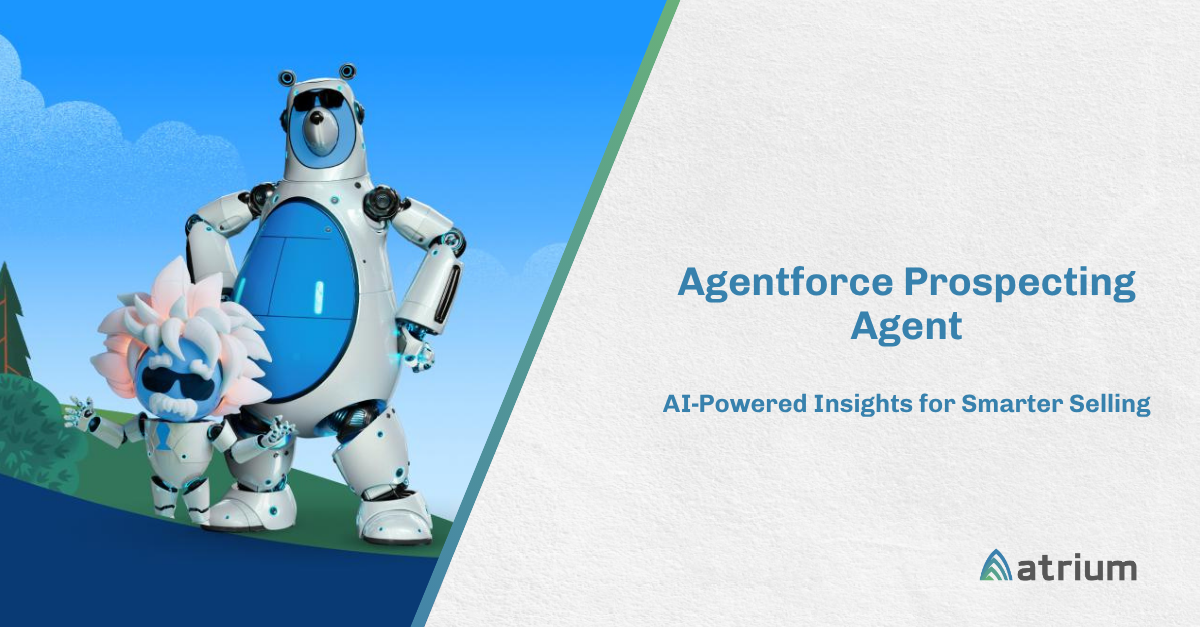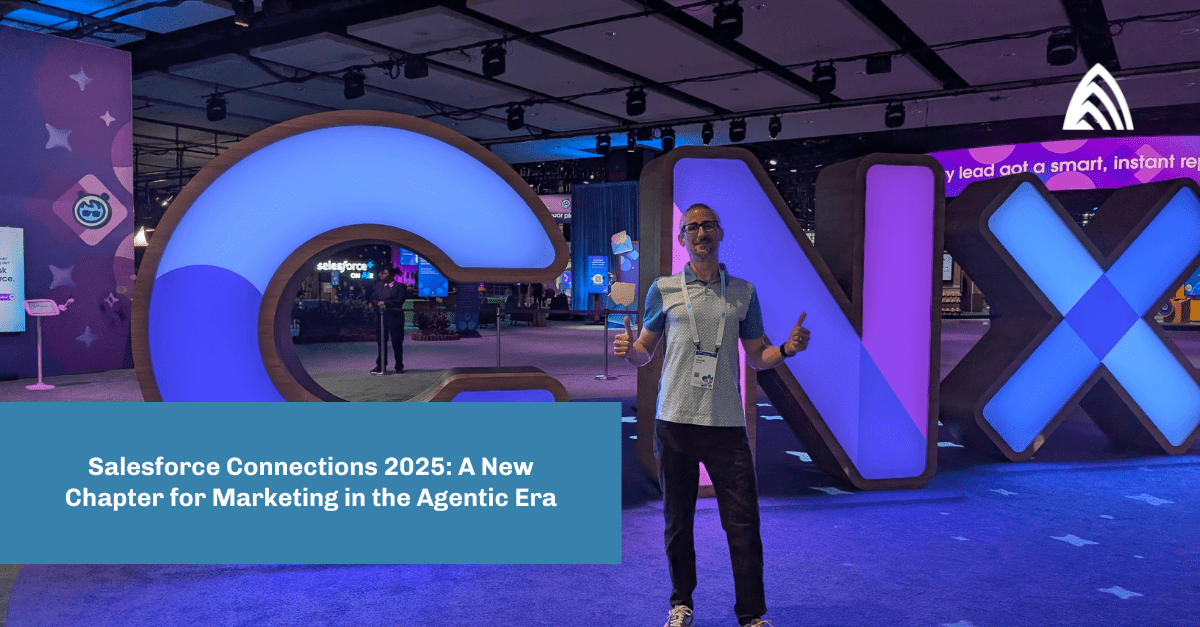Salesforce’s Summer ‘20 Release is here, and there’s been a buzz surrounding some of its enhancements and new features — particularly around Einstein Discovery. Having explored the updates firsthand and looked into the release notes from Salesforce, we spoke with some of our experts to find out what they’re most excited about.
 Chris Barbour, Data Scientist
Chris Barbour, Data Scientist
Tree-based ensemble methods will be supported in Einstein Discovery. Previously, generalized linear models were used as the modeling framework in Einstein Discovery stories, due to the easier interpretation of model results.
However, in many use cases, more sophisticated modeling frameworks such as Tree-based ensemble methods can be used to achieve moderate to substantial increases in predictive capabilities — at the cost of increased difficulty in model interpretation.
The summer release makes two of these implementations available, and will allow users to select the desired balance between flexibility and interpretability based on the use case, or allow Einstein to select the most predictive model.
Andrew Carroll, Machine Learning Engineer
Here’s a scenario: Your data scientist has spent a couple of weeks engineering and testing new features for your attrition model, finding one very interesting feature in particular — a month-over-month decrease in diversity of product categories purchased is an indicator of attrition. To build this feature, and others, they used Einstein Analytics dataflows, creating a table of training data by looking historically.
Now it’s time to deploy the model for live scoring, but these new features don’t live on the account object. In the days of old, one would have to engineer these features on the fly for live scoring or create new calculated fields on the account object to store these features.
Or imagine this:
The data for the feature you’re most excited to use in the new model resides in a non-Salesforce source system. Your account object already has too many fields (or you don’t have permission to add new ones), or SOQL queries, or your dev team isn’t on board with setting up a new integration from the external source. But you could use the pre-built connectors to get the data into an Einstein Analytics table.
Amplify Live Prediction Scoring With External Data
Enter my favorite feature enhancement: “Amplify Live Prediction Scoring With External Data.” With this enhancement, the data used to score an object record can come from the Salesforce fields and the fields on related or child objects as well as data from tables stored in Einstein Analytics.
Joshua Fleischer, Machine Learning Engineer
The ability to do direct queries in Einstein Analytics now is helpful for data discovery. This supports Laurie’s blog post on efficient machine learning model development.
Further reading:
- With Direct Data, Explore Salesforce Data Without Datasets
- Explore Multiple Datasets with a Single Query (Beta)
Laurie Rugemer, Data Scientist
A few things. As Chris said, tree-based models and how Einstein Discovery handles that. Additionally, using AUC to pick between classification models.
Bias Alerts
They now have a checkbox for “fields containing sensitive info” that looks at disparate impact, as well as proxies for sensitive fields.
Model Monitoring
When you deploy, you can define a terminal state that, when a record reaches it, Einstein Discovery will check the accuracy of prediction vs. actual — a powerful tool for orgs to leverage.
Paul Harmon, Data Scientist
Use “Keep Track of Story Changes” when GS0 breaks (a great new feature to help us revert when things break).
Another feature I’m excited about is the ability to either let Einstein Discovery run a tournament of three different models, or pick a specific algorithm in the background of models. The new version of Einstein Discovery ups the predictive sophistication but still manages to maintain the same tools for interpretation/communication of results, all of which is certainly helpful in building custom modeling solutions.
Contact us for help getting the most value out of these Einstein Discovery updates and enhancements.












